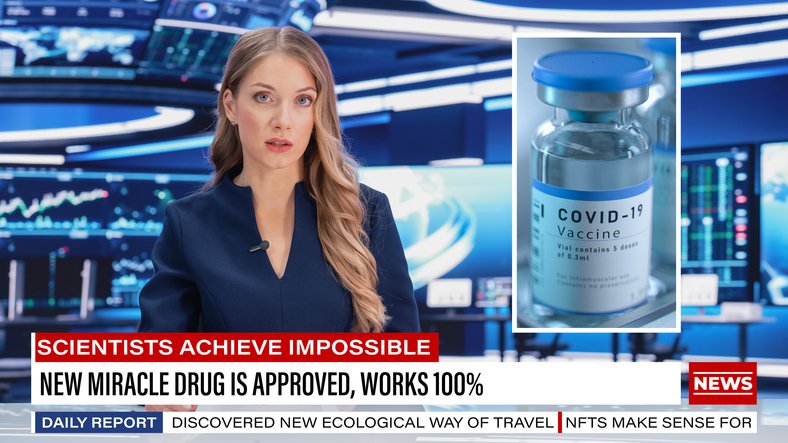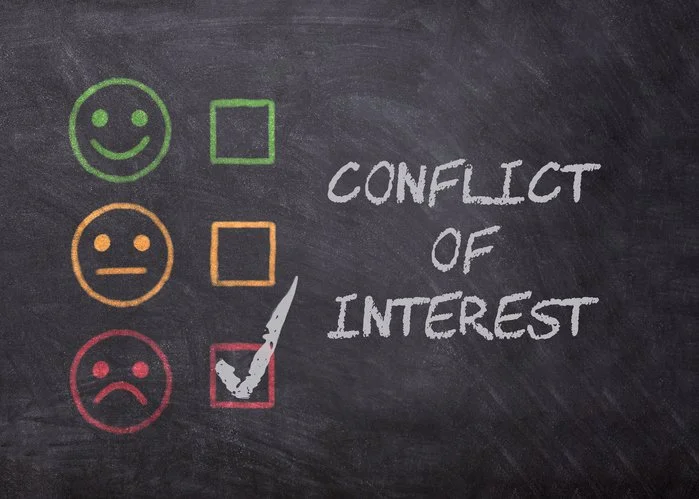The Real Effect of Pharmaceutical Ads on TV May Surprise You
Introduction to Pharmaceutical Advertising
In the world of pharmaceuticals, billions of dollars are spent on advertising drugs every year. While these ads are often presented as educational tools designed to inform the public about medical conditions and available treatments, the reality can be starkly different. Some ads have been criticized for providing incomplete or biased information, leading patients to seek unnecessary medications, sometimes with severe consequences.
The Economics of Pharmaceutical Promotions
This is because pharmaceutical companies have a vested interest in pushing drugs of lesser value, as truly significant medications don't require such aggressive promotion. In fact, from 2015 to 2021, pharmaceutical companies spent a staggering $22.3 billion on advertising for 73 drugs. Intriguingly, 73 percent of these drugs were categorized as having low benefits, with advertising expenditures for these drugs alone topping $15.9 billion.
Impact of Advertising on Media Relationships
This raises a poignant question: What exactly is being sold through these multi-billion-dollar campaigns? The financial relationship between pharmaceutical companies and media outlets is particularly illuminating. Pharmaceutical ad spending on U.S. national TV skyrocketed to $4.58 billion in 2020, a significant increase from the previous year. By 2021, the industry still allocated $3.9 billion to TV ads, a substantial amount but relatively small compared to what was spent on research and development.
Media Dependency on Pharmaceutical Funding
This suggests that pharmaceutical companies are significant financial contributors to television networks, potentially influencing the content and tone of health news coverage. This financial influence extends beyond television to digital realms, with the pharmaceutical industry's digital ad spending expected to reach nearly $20 billion by 2024.
Conflicts of Interest in Health Journalism
When news channels and digital platforms are heavily reliant on pharmaceutical advertisements for their funding, a conflict of interest arises. This could explain why alternative treatments, such as diet and exercise or critical reports about drug efficacy and safety, often receive little attention. Media outlets, dependent on ad revenues, may be reluctant to criticize their financial supporters, leading to a form of silent complicity.
Legal and Ethical Concerns in Pharmaceutical Advertising
Moreover, the intersection of advertising dollars and media silence becomes even more concerning with the legal issues surrounding some pharmaceutical companies. For instance, Pfizer Inc. and its subsidiary faced a $2.3 billion settlement for the illegal promotion of certain drugs, the highest in history. Such significant legal and ethical breaches should be headline news, but extensive advertising budgets can sway media focus, leaving the public less informed about the pharmaceutical products they use.
Conclusion: The True Cost of Pharmaceutical Advertising
This tangled web of money, medicine, and media raises profound ethical questions. With billions at stake, the narrative fed to the public is often one that serves the interests of the pharmaceutical giants rather than the well-being of the consumers. This scenario paints a grim picture of how pharmaceutical advertising might be less about selling the product and more about buying silence and compliance, ensuring that the only voices heard are those that echo the interests of the industry. Thus, in the world of pharmaceuticals, the truth might be just another commodity for sale.
Here is a professional list of the cited sources:
JAMA Network Open: "Pharmaceutical Advertising for High-Cost Drugs Targeting Clinicians and Consumers" - Available at: JAMA Network
Harvard Health Blog: "Harvard Health Ad Watch: What You Should Know About Direct-to-Consumer Ads" - Available at: Harvard Health
Statista: "Pharmaceutical Industry TV Ad Spend in the U.S." - Available at: Statista
Forbes: "Pharma TV Ads and R&D Funding" by John LaMattina - Available at: Forbes
Statista: "U.S. Healthcare and Pharmaceutical Industry Online Ad Spending" - Available at: Statista
U.S. Department of Justice: "Justice Department Announces Largest Health Care Fraud Settlement in Its History" - Available at: U.S. Department of Justice






